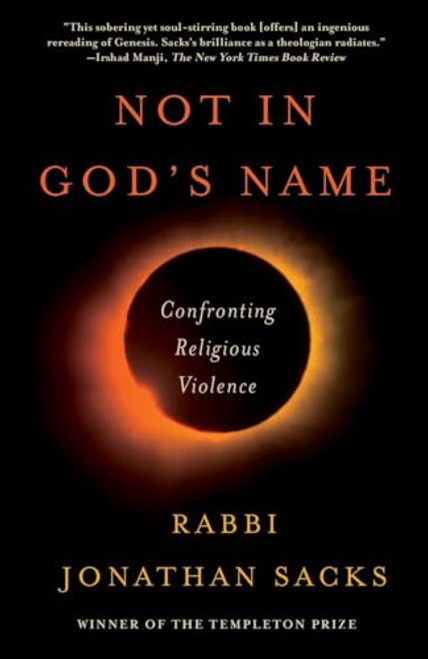The changing practices and meanings of Catholicism in Bourbon Mexico are the subject of this study, based on research in the last wills and testaments of the faithful of Mexico City as well as contemporary devotional literature and ecclesiastical documentation. At the beginning of the eighteenth century, baroque Catholicism, with its exuberant ornamentation of sacred space and lavish rituals, dominated both ecclesiastical and lay religious practice in New Spain. During the second half of the eighteenth century, a group of reforming bishops attempted to remake religious culture, to move the faithful away from baroque Catholicism to a simpler, and in their minds, more interior piety. The reform movement distanced God from the physical world as reformers sought to redefine the balance in Catholic religious practice to emphasize pious contemplation over ritual action.
Larkin examines baroque Catholicism, the project to reform religious culture in Mexico, and the new pious practices that reformers and the faithful negotiated as the colonial period moved toward a close. He argues that baroque and reformed Catholicism rested on different understandings of the very nature of God. Baroque Catholicism privileged a corporeal conception of God; whereas reformed piety promoted a more spiritual one. Religious reform, he argues, coincided with secular reforming projects, all of which participated in and influenced new forms of epistemology and subjectivity that established the conditions for the contested beginnings of the modern era in eighteenth-century Mexico.











